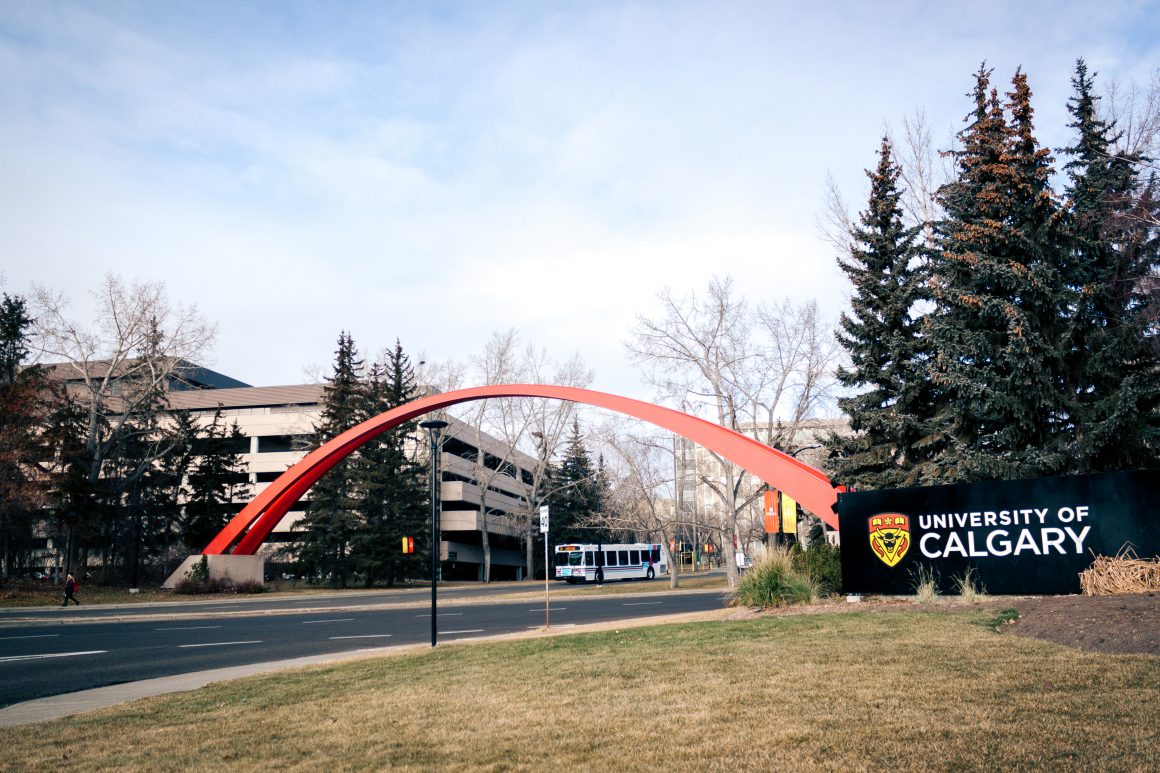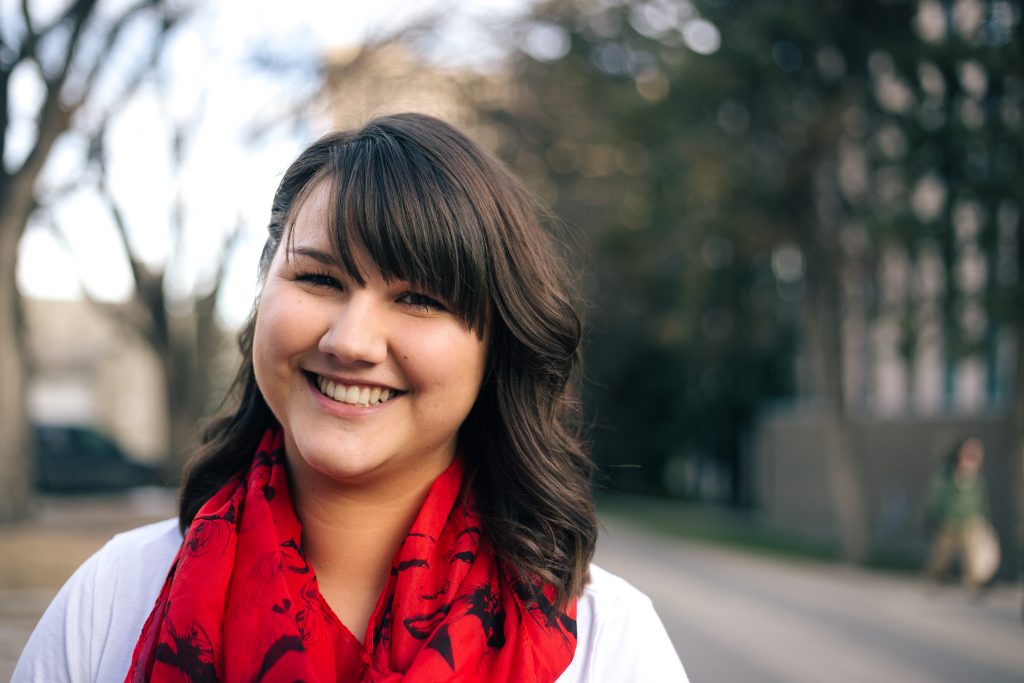
University of Calgary finishes draft for new sexual violence and assault policy
By Scott Strasser, November 29 2016 —
After nearly two years of development, the University of Calgary’s new campus-wide sexual violence policy is nearing completion. While not made public, the U of C released a draft of the new policy this month.
The U of C’s sexual violence policy is intended to provide a framework for sexual assault prevention and reduction on campus, while also improving consent education and offering support for victims of sexual assault.
Work on the policy began in January 2015, when the U of C created the Subcommittee for the Prevention of Sexual Harassment and Sexual Violence. The reasoning behind the new policy was that most universities in Canada have similar policies and strategies to address sexual assault.

CASE vice-president external Hilary Jahelka // Photo by Justin Quaintance
“Although we’re equipped and prepared to deal with this issue through existing policies and procedures, we’re creating a new sexual violence policy that is comprehensive in addressing the full spectrum of sexual violence issues and that outlines clear supports for survivors, regardless of whether they choose to formally report to the institution or to law enforcement,” said U of C senior director student services Jennifer Quin, who chairs the subcommittee. “[It will] ensure all community members have a healthy and clear understanding of consent, facilitate understanding in our community as to what constitutes sexual violence and ensure that survivors of sexual violence know that the institution is prepared to respond when incidents do occur.”
Those involved with developing the policy include university officials, Students’ Union representatives and members of the Consent Awareness and Sexual Education student club (CASE).
CASE vice-president external Hilary Jahelka sits on the Implementation Committee for the policy. She said the university’s previous strategy for addressing sexual assault and violence was outdated.
“We know there is a large amount of people sexually assaulted at their time in university. One in four women will be sexually assaulted [in] university, and that is backed up by tons of different research,” Jahelka said. “We see sexual assault happening on campus, we see it not going reported, we see people not understanding what consent is, how it works.”
Students’ Union vice-president student life Patrick Ma also sits on the Implementation Committee.
“One of the things we’ve been really working on is to make sure — for the student perspective — that the policy document is navigable and the policy addresses student-specific situations, and all those protocols are in place and easily recognizable to students,” he said.
The U of C has increased its measures for preventing sexual assault and educating the community about consent in recent years. In 2015, the U of C’s Women’s Resource Centre partnered with CASE to launch a three-year sexual assault prevention project called Ask First: Creating a Culture of Consent. The campaign seeks to shift the focus in sexual assault cases away from victim blaming.
CASE also brought Bystander Intervention Training to the U of C in 2014 — a training program to teach employees at the Den and Black Lounge as well as other locations on campus to be proactive in identifying possible sexual assault cases before they occur.
“We’re 100 per cent behind [Bystander Intervention Training] because we believe it’s a great way to make sure that it’s not put on the person being targeted or assaulted,” Jahelka said. “The program has trained multiple students and staff members. I would say it’s made a difference.”
According to Quin, the timeline for officially publishing the policy has not yet been determined.
“We know this important work will need community input and take several more months,” she said. “The progress of this committee will be updated regularly on the sexual violence website, which was launched in September 2016 and also represents one of the key recommendations. In addition, the Implementation Committee will be reporting on progress annually to [General Faculties Council] and the Board of Governors.”
The draft of the policy will be discussed at GFC in December. The policy could be open for public consultation by the new year.
